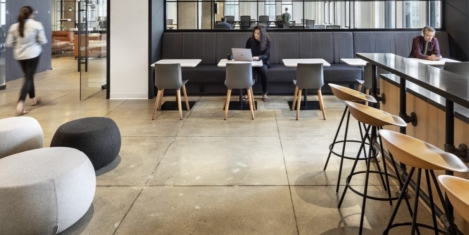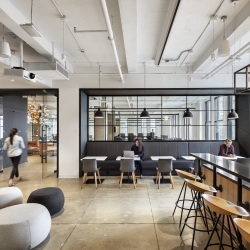March 1, 2023
Employers prioritising long term return on investment in recruitment
 Following the ‘hiring frenzy’ of the pandemic, recruitment strategies are focused on total value creation by empowering their teams to learn, grow and be ready for any contingency, according to the 2023 Talent Trends Report from Randstad. The poll of over 900 C-suite and HR leaders in 18 markets focussed on their talent and career development priorities for the year ahead. Now in its 8th year, this year’s report claims that despite an uncertain economic environment, business leaders are focused on driving long-term value and business impact by increasing talent engagement, satisfaction, productivity, and retention, following the ‘hiring frenzy’ of the last two years. (more…)
Following the ‘hiring frenzy’ of the pandemic, recruitment strategies are focused on total value creation by empowering their teams to learn, grow and be ready for any contingency, according to the 2023 Talent Trends Report from Randstad. The poll of over 900 C-suite and HR leaders in 18 markets focussed on their talent and career development priorities for the year ahead. Now in its 8th year, this year’s report claims that despite an uncertain economic environment, business leaders are focused on driving long-term value and business impact by increasing talent engagement, satisfaction, productivity, and retention, following the ‘hiring frenzy’ of the last two years. (more…)









 Any business that is looking to grow its consumer base or expand into new markets is likely to be relying on digital technology to a greater extent than ever before both in their operations and management. This also means that the
Any business that is looking to grow its consumer base or expand into new markets is likely to be relying on digital technology to a greater extent than ever before both in their operations and management. This also means that the 


























March 1, 2023
The rise of the pods shows how the workplace pendulum swings
by Ben Capper • Comment, Workplace design